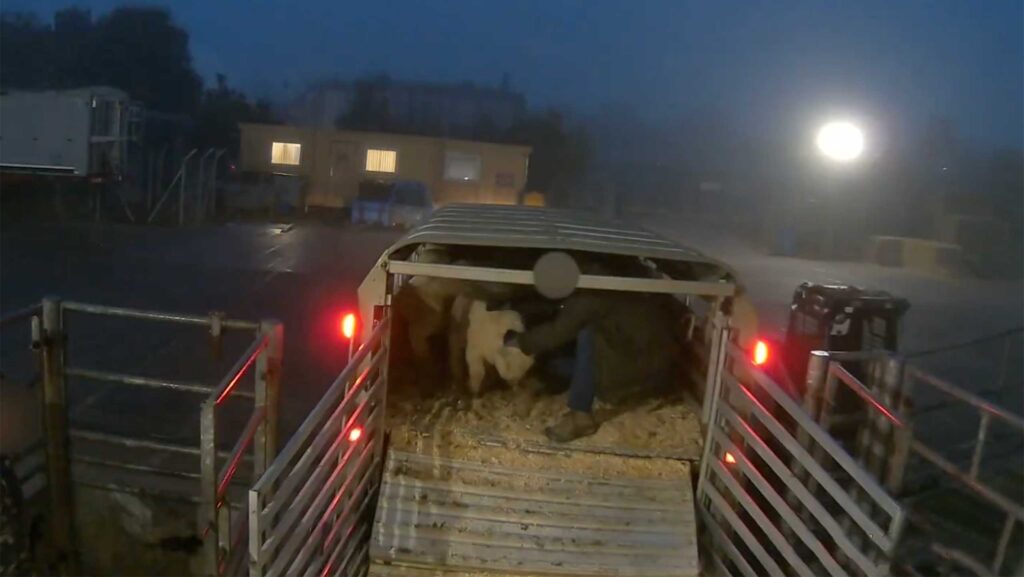Activist group to target ‘foundations of factory farming’
 A previous Animal Rising protest © Animal Rising
A previous Animal Rising protest © Animal Rising Farmers across the UK are being warned they may be targeted as activist group Animal Rising launches a new national campaign aimed at stopping the growth of intensive livestock farming.
The group, known for its high-profile protests and undercover investigations, says it has shifted its focus from the RSPCA to what it calls the “heart of industrial animal agriculture”.
The new campaign is designed to block planning approvals for new factory farms and halt their construction altogether.
See also: Norfolk planners spurn Cranswick’s pig and poultry mega farm
“This is not just a shift in tactics – it’s a leap forward in our mission to create a just, sustainable, plant-based future,” said Rose Patterson, spokeswoman for Animal Rising.
“We’re taking the fight directly to the heart of industrial animal agriculture.”
The announcement follows a year-long campaign by the group against the RSPCA’s Assured scheme, which led to the resignation of several prominent supporters – including broadcaster Chris Packham – and prompted the charity to adopt fully plant-based catering at its events and tighten oversight of its farm assurance standards.
Animal Rising says it now intends to bring the approval rate for new intensive livestock units “down to zero”, by mobilising public opposition and intervening at the planning stage.
The group claims that up to 90% of the public oppose factory farming and believes this level of sentiment provides fertile ground for widespread mobilisation.
“This cause unites people,” Ms Patterson said. “Our work has already shifted the landscape. Now, we’re aiming for its foundations.”
NFU defends standards
In response, the NFU issued a staunch defence of UK agriculture.
“UK farmers are committed to high standards of animal welfare, food safety and environmental protection,” an NFU spokesman said.
“British farms – whatever their size or system – operate within some of the highest animal health, welfare and environmental standards in the world, enforced through robust regulations and driven by strong public and retailer expectations.
“Farming in the UK is diverse, and production systems vary depending on geography, market and business model. There is no one-size-fits-all approach – what matters most is how a farm is run and managed.”
The NFU also pointed to voluntary industry initiatives that have helped reduce the sector’s environmental impact, including a major reduction in antimicrobial use through the Responsible Use of Medicines in Agriculture Alliance.
